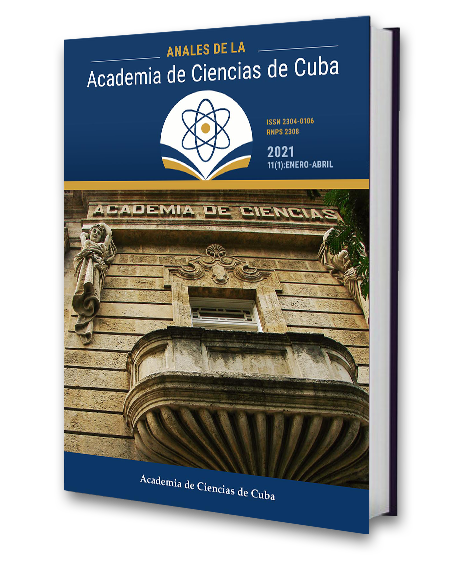The diatribes of gardening surgeon Hamilton Naki, an apartheid victim who pioneered heart transplantation
Keywords:
apartheid, Cristiaan Barnard, organ donor, Hamilton Naki, heart transplantAbstract
Introduction: The first human-to-human heart transplant was performed on December 3, 1967 in Cape Town, South Africa. Medical historiography and the press gave full credit to a white-skinned physician: Dr. Christiaan Neethling Barnard. Another protagonist of this epic surgery, Hamilton Naki who, with expert hands, was in charge of extracting the heart of the deceased was not reviewed.
Methods: A qualitative methodology was followed, using historical-logical and documentary analysis as theoretical methods. Relevant information about Hamilton Naki was consulted in primary, secondary and tertiary sources. Articles related to the research topic, published in magazines indexed in Index Medicus over the last 10 years, were reviewed.
Results: Hamilton Naki was born on June 26, 1926, in Ngcingane, a poor village near Centani in the British Transkei Protectorate, one of the future Bantustans forcibly created by South African apartheid. Because of his high responsibility and perseverance, Naki developed skills that earned him positions of responsibility, so he teamed up with doctors. He had to face multiple diatribes in order to have his work recognized.
Conclusions: Because he was black in a country where the rules of apartheid prevailed, Hamilton Naki had to settle for anonymity. With a strong will, he became a surgeon, a pioneer in heart transplantation. A tribute is paid to the illustrious scientist on the 15th anniversary of his death.
Downloads
Downloads
Published
How to Cite
Issue
Section
License
The journal Anales de la Academia de Ciencias de Cuba protects copyright, and operates with a Creative Commons License 4.0 (Creative Commons Attribution-NonCommercial License 4.0). By publishing in it, authors allow themselves to copy, reproduce, distribute, publicly communicate their work and generate derivative works, as long as the original author is cited and acknowledged. They do not allow, however, the use of the original work for commercial or lucrative purposes.
The authors authorize the publication of their writings, retaining the authorship rights, and assigning and transferring to the magazine all the rights protected by the intellectual property laws that govern in Cuba, which imply editing to disseminate the work.
Authors may establish additional agreements for the non-exclusive distribution of the version of the work published in the journal (for example, placing it in an institutional repository or publishing it in a book), with recognition of having been first published in this journal.
To learn more, see https://creativecommons.org






